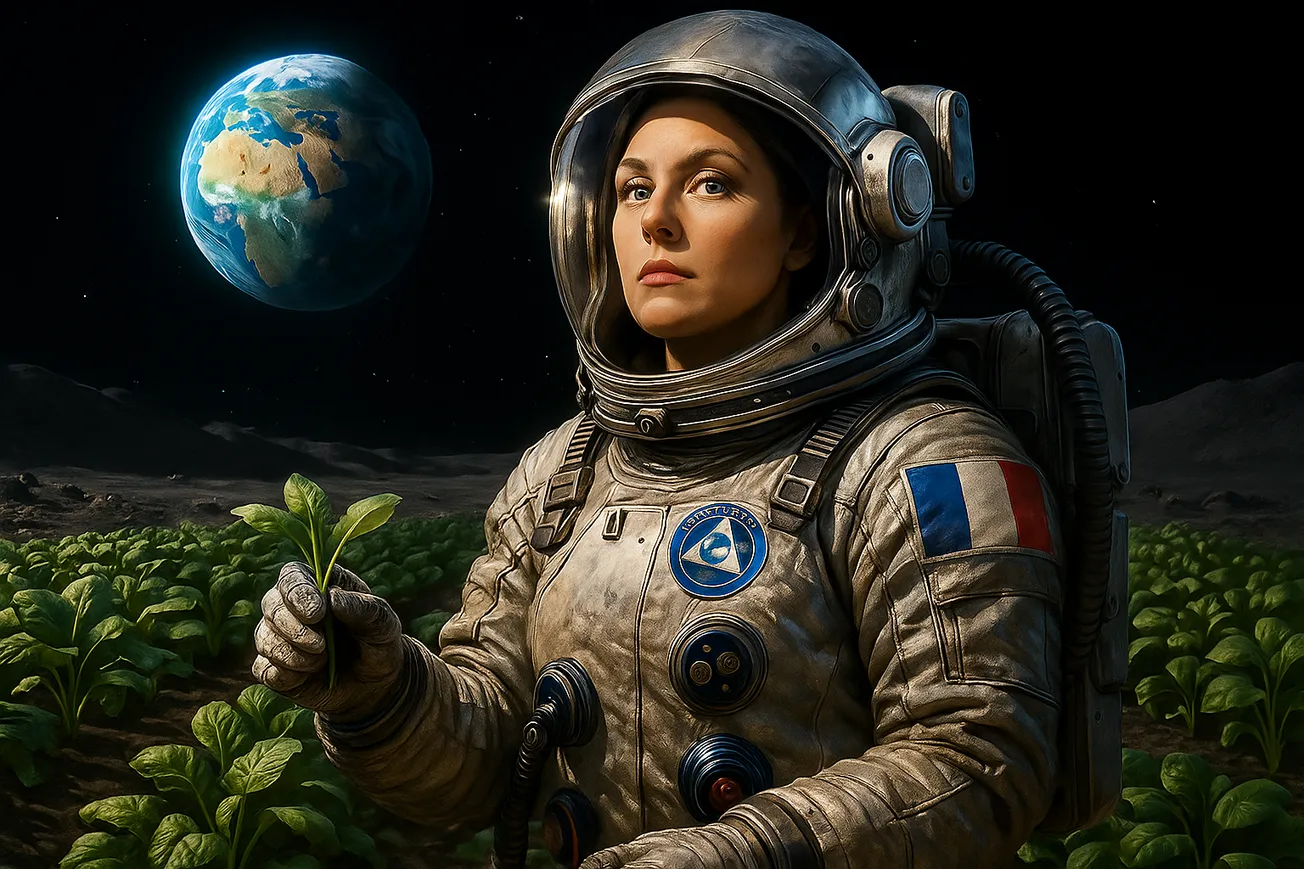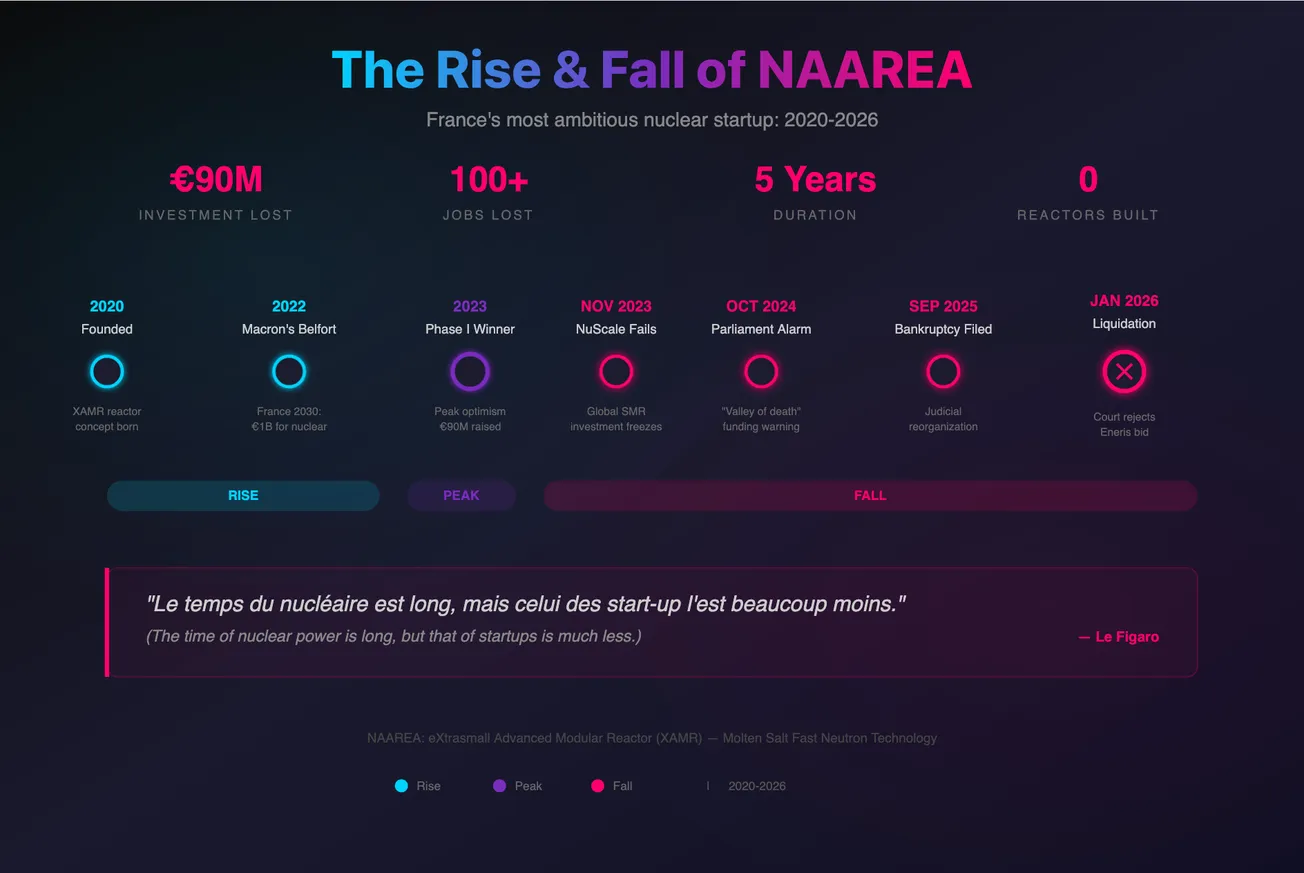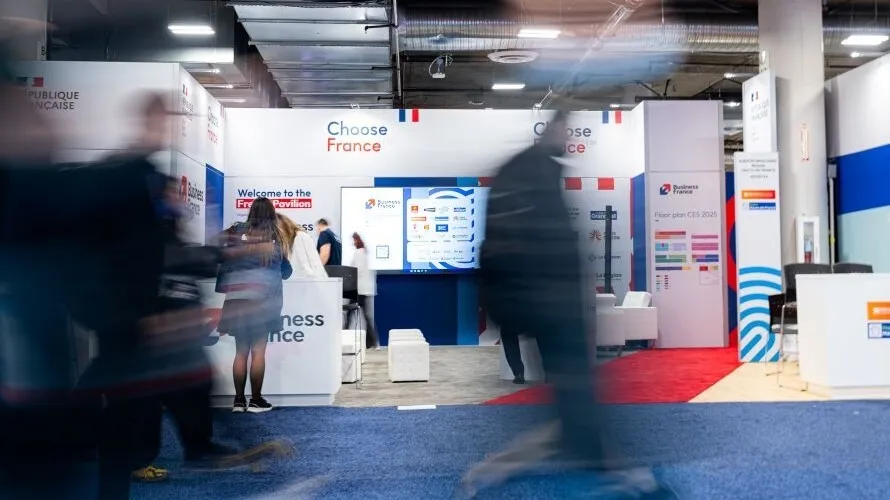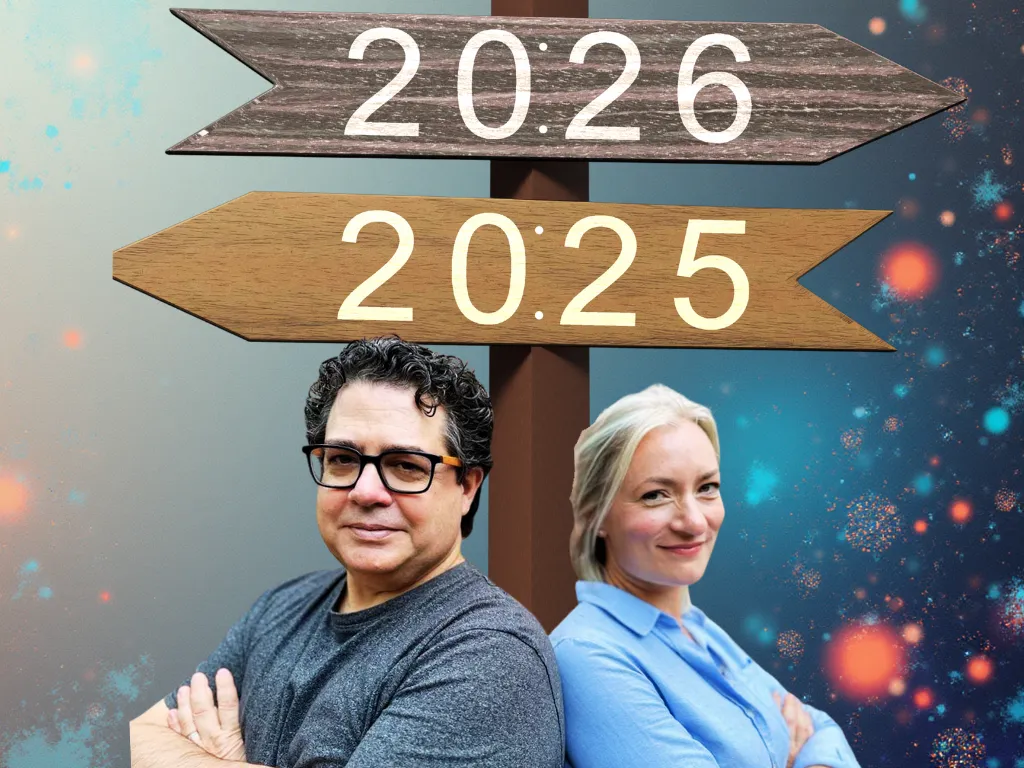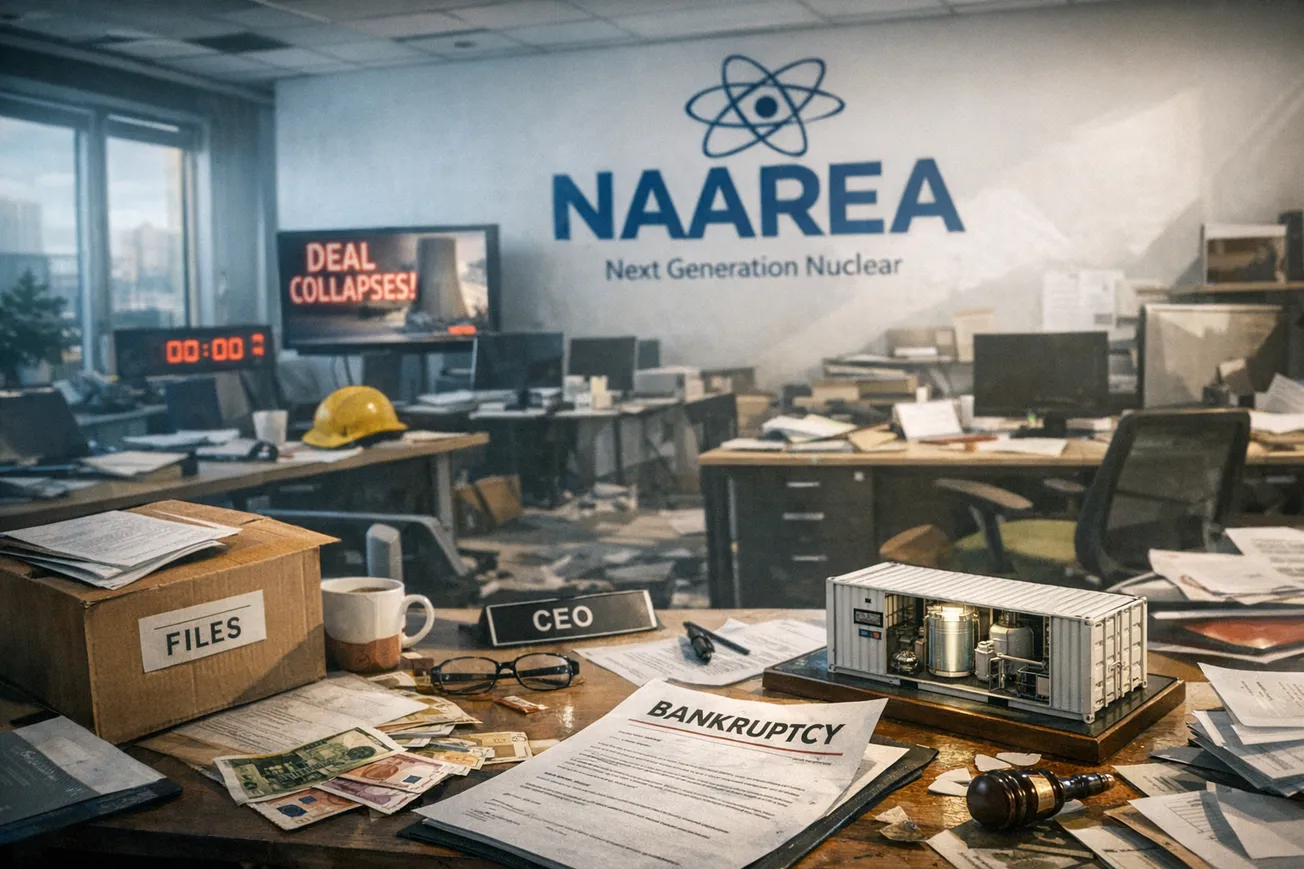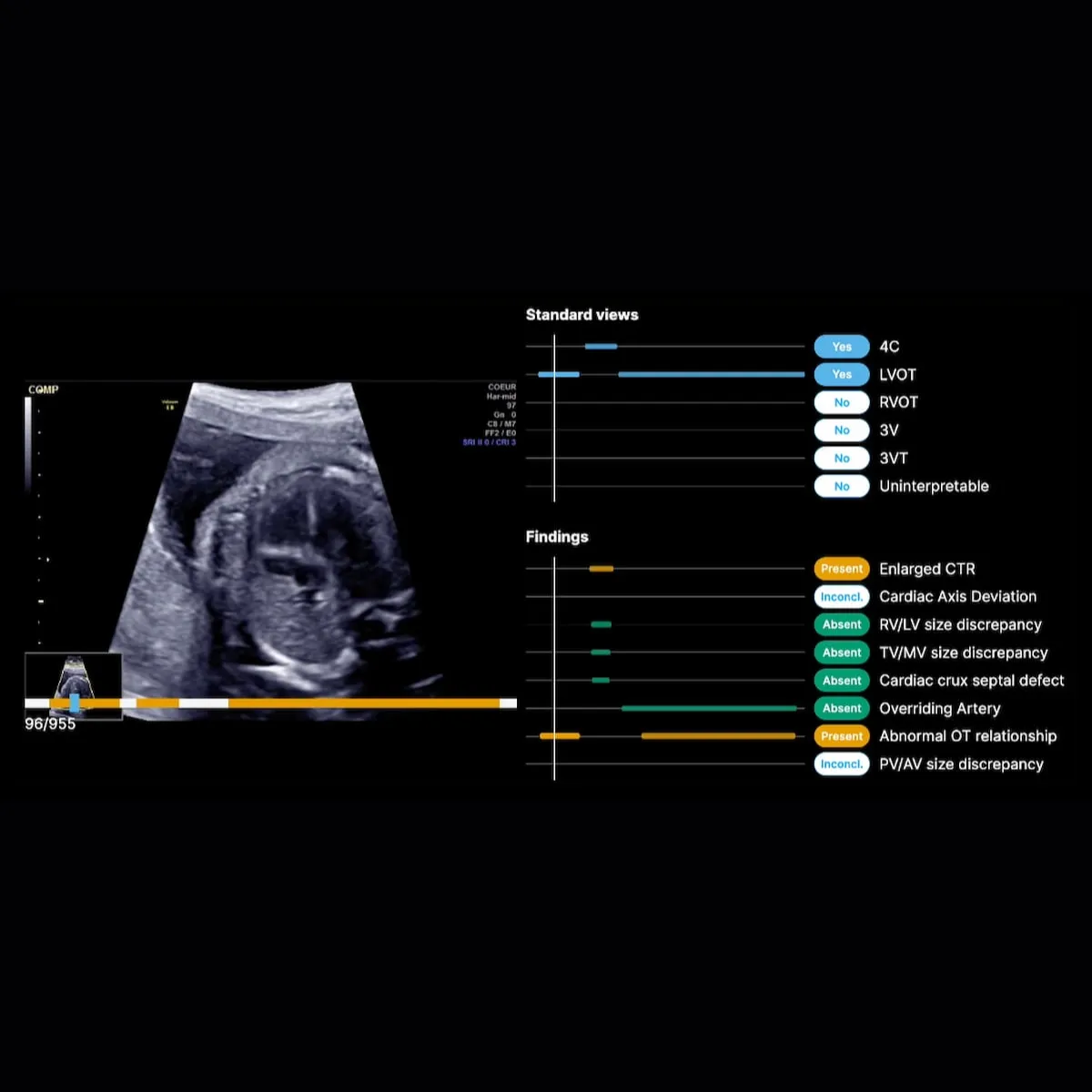Barbara Belvisi had spent years establishing herself as a leading, influential investor and mentor in the emerging French tech ecosystem. A career that started in classic finance had taken a turn into tech entrepreneurship and a hardware startup studio before she walked away from it all because she wanted to figure out something that combined her passions for sustainability and space.
And when she started to formulate the outlines of what eventually became the embryonic idea for Interstellar Lab, well....
"Initially, when I started, I came up with this crazy idea of like, okay, let's build a habitat so we can grow plants on the moon and Mars," she recalled. "And even from the tech ecosystem here in France, where I was an investor, it was kind of a crazy cuckoo idea to start that, and people were like, 'Well, what is she talking about?'"
Six years after launching Interstellar Lab, the company has demonstrated traction on its two-pronged business model: Earth and space. It's struck partnerships with NASA, including winning NASA's Deep Space Food Challenge. And it landed deals with marquee names like L'Oreal for more practical commercial applications in beauty and agriculture.
Now, Belvisi is ready to prove just how far the concept is ready to go.
"It was just a PowerPoint," Belvisi said. "Now it's real. And it's going to scale."

Unlikely Path to Space Agriculture
Belvisi's journey to space agriculture began in the conference rooms of European finance. Born in 1985, she entered the financial sector at 22, rapidly ascending through private equity to venture capital, where she participated in over 40 deals and raised more than $80 million.
In 2012, she teamed up with a friend from business school, Alexis Houssou, to start Elephants & Ventures, to invest in hardware and software companies driven by the new wave of crowdfunding, 3D printing, and connected gadgets. That evolved into the Hardware Club in January 2015, a combination of community-driven and VC fund approach that focused on robotics and hardware startups across San Francisco, Paris, and Tokyo.

This experience managing a portfolio of hardware companies provided crucial insights into the challenges of scaling physical products. But childhood passions have a way of reasserting themselves. Belvisi had long been captivated by science fiction and environmental challenges, interests that converged as she observed the growing intersection of space technology and Earth's sustainability crisis.
In 2018, she made a radical pivot.
Spending a year with NASA engineers learning aerospace engineering and architecture, this self-taught technical education, combined with her venture capital expertise, positioned her uniquely to bridge the gap between space technology's possibilities and commercial viability.
"I wanted to use my experience in building and scaling companies to tackle humanity's biggest challenges," she recalls of that transformative period.
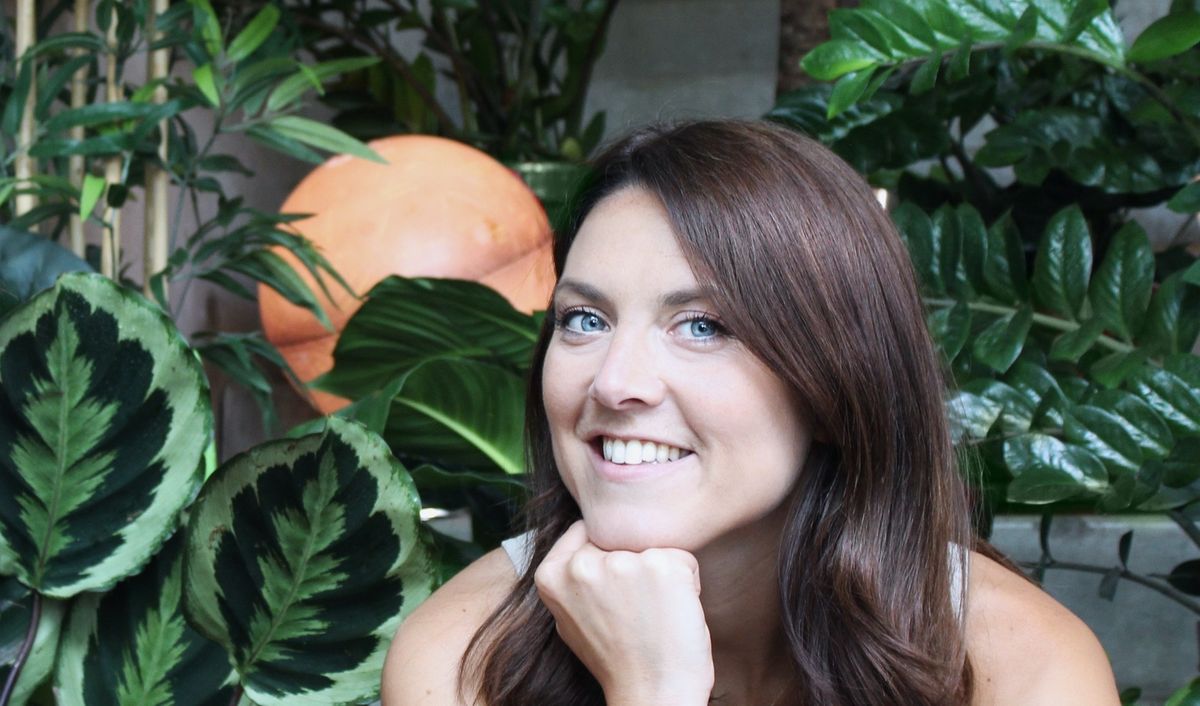
After Belvisi's departure, Hardware Club became HCVC and closed its second fund of $75M in 2023. Houssou has been joined partners Jerry Yang and Aymerik Renard.

Dual-Purpose Vision
From its inception, Interstellar Lab has operated on a fundamental philosophy: the extreme conditions of space exploration drive innovations with immediate terrestrial applications.
The company's business model reflects this duality, developing AI-powered bio-farming platforms that optimize plant cultivation through precise environmental control. The company raised approximately $12 million in funding, including a $5 million Series A in 2022 led by Urania Ventures, and maintains a lean operation with 42 employees split between facilities in France and expanding operations planned for Texas in 2025.
"We're solving two problems simultaneously," Belvisi said. "On Earth, we help companies secure sustainable supplies of rare botanicals. In space, we're developing the life support systems that will enable long-term human presence on the Moon and Mars."
On Earth, their BioPod systems target high-value botanical production for cosmetics and fragrance industries, delivering up to 15x yield increases, 98% water consumption reduction, and 20x energy efficiency gains compared to traditional cultivation. These metrics address critical supply chain challenges in the natural ingredients market, particularly for climate-sensitive plants like vanilla, vetiver, and patchouli.
If that sounds niche, it's not. Belvisi said the non-food botanical ingredients market is about $200 billion.
Interstellar has started to tap into that terrestrial commercial market through partnerships with industry giants such as L'Oréal. The cosmetics leader wants to find more sustainable ingredient sourcing.

Earlier this year at VivaTech 2025, L'Oréal showcased Interstellar's SIRIUS system at its booth as part of its commitment to 95% bio-sourced ingredients by 2030. The AI-powered greenhouse system enables high precision plant growth parameters for fragrance ingredient optimization and automated growth of rare and high-value plant species such as Lily of the Valley, Edelweiss, and Centella Asiatica.

Interstellar has struck similar collaborations with Robertet and dsm-firmenich. Robertet has already acquired its first BioPod for installation in Grasse, France's traditional perfume capital. Meanwhile, dsm-firmenich, a Swiss health and beauty company, partnered with Interstellar to explore how controlled environments can unlock new olfactive possibilities.

The Space Economy Beckons
Meanwhile, Belvisi is constantly shuttling back and forth between the U.S. and France to push the space business forward.
Over the past several years, Interstellar has developed two prototypes for NASA for a food production system. In 2024, Interstellar Lab won NASA's Deep Space Food Challenge with their NuCLEUS (Nutritional Closed-Loop Eco-Unit System). The victory, earning $750,000 and beating over 300 teams from 30 countries, validated their approach to autonomous food production. The system can grow microgreens, vegetables, mushrooms, and even insects with minimal human intervention—requiring just four hours of crew time per week.
Perhaps most significantly, 2025 saw Interstellar Lab secure its first commercial space station partnership. The company announced that its Eden 1.0 will launch aboard Vast's Haven-1 station in 2026, marking the company's entry into the emerging commercial space economy. The BioCapsule is designed for plant research in microgravity. The model allows partners to run targeted experiments on trait enhancement, molecular expression, and novel biomaterial production without the complexity of space systems engineering.
"We're making space-based agriculture accessible to organizations that could never afford their own hardware development," Belvisi said.

The lunar ambitions extend even further with Mission Little Prince, scheduled for 2027.
This collaboration with the Antoine de Saint-Exupéry Youth Foundation aims to grow roses on the lunar surface in a capsule designed by Interstellar and scheduled to be carried to the moon by SpaceX in 2027. The capsule has to protect the rose from radiation, temperature extremes ranging from -173°C to 127°C, and one-sixth Earth gravity.
"We've been working on a rose program to inspire people," Belvisi said. "And I'm French, so I'm allowed to bring the rose to the moon, and to be the romantic one in this very male-dominated space industry."
Challenges in the New Space Race
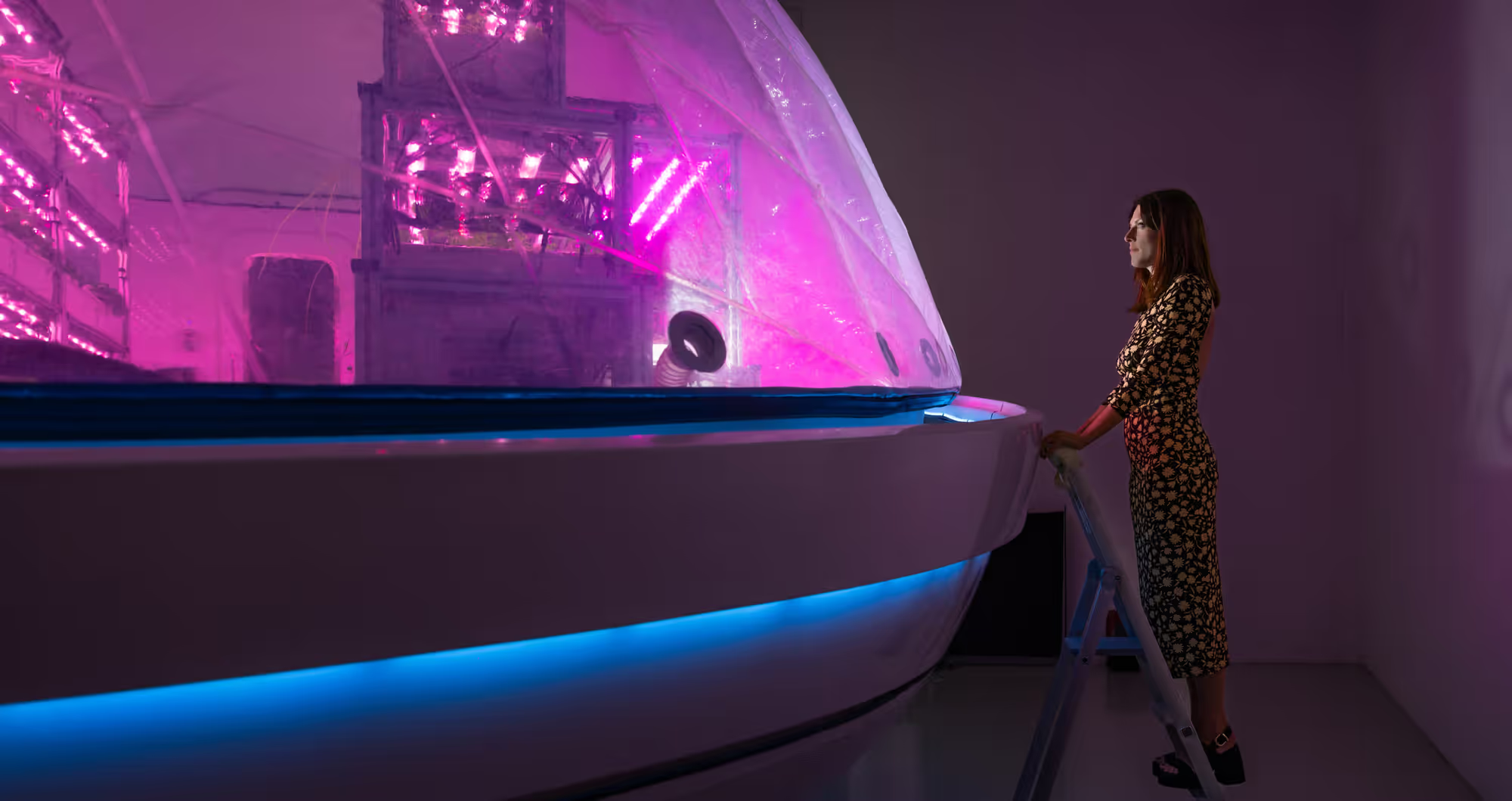
Of course, a single flower here and there is just a small step toward the bigger vision. Getting there still presents a significant challenge.
The capital-intensive nature of large-scale hardware development requires careful cash management, particularly as the company expands manufacturing while funding space technology development. Whether seeking commercial or government clients, such contracts inevitably face long evaluation cycles that could strain cash reserves.
In the case of government, Belvisi noted that political and regulatory complexities add another layer. Operating across U.S. and French jurisdictions while navigating space industry regulations requires a sophisticated compliance infrastructure.
Even as we spoke this summer, the waves being caused by the incoming Trump administration and the tensions and turnover at NASA caused by power plays between Elon Musk and the president had created uncertainty. Belvisi was excited about the prospect of working with Jared Isaacman, who had originally been nominated by President Trump to lead NASA. Isaacman, who is close to Musk, had made several flights on SpaceX missions, including leading the first civilian space walk. He seemed to embody the new spirit of private space entrepreneurship.
But when Trump and Musk had their falling out in May, Trump withdrew Isaacman's nomination. He has yet to nominate a replacement, and instead named Sean Duffy as acting NASA Administrator. Duffy, who is also Secretary of Transportation, has been publicly criticizing Musk and SpaceX for falling behind in their work on the moon mission. Musk, in turn, has been using his X platform to attack Duffy.
Sean Dummy is trying to kill NASA! https://t.co/cP0RxP09rt
— Elon Musk (@elonmusk) October 21, 2025
Throw in the current U.S. government shutdown, and it's unclear whether any previous timetables for any NASA missions can be met.
But Belvisi said she remains confident that despite these short-term hurdles, the long-term trends remain unchanged. Earth's sustainability challenges are only increasing.
Space entrepreneurship and private space companies will play a central role in the next phase of space development as governments worldwide reassess their approaches. The innovation in this sector in terms of technology and economics, she said, is too compelling.
"NASA needs private companies to take care of the research micro-gravity environment," she said. "We're developing the solution at a cheaper price than what they were doing before. So we're proving the business goals."
And while "America First" has become the mantra du jour in the U.S., she's also confident she can continue to demonstrate Interstellar's value. While she remains hopeful that Europe will accelerate its space commercialization and entrepreneurship efforts, for now, she said the U.S. remains far ahead.
Even so, the U.S. will need help to maintain that advantage.
"The reality is that there is currently a space race between China and America," she said. "I have a U.S. team. I have a French team. We have people from both nationalities. So, we're playing up the partnership between France and America. I hope the strategy will pay off."
See our interview at Viva Tech with Barbara Belvisi:

